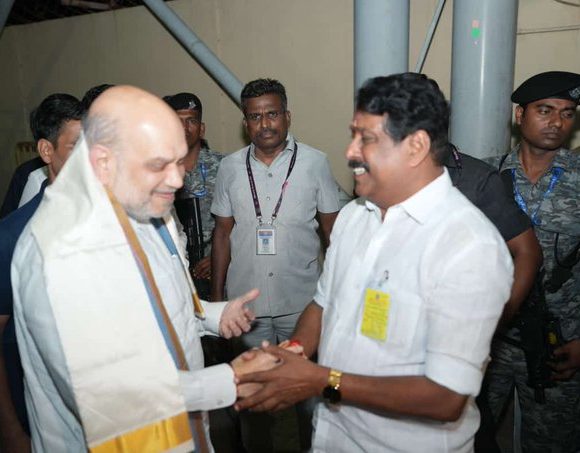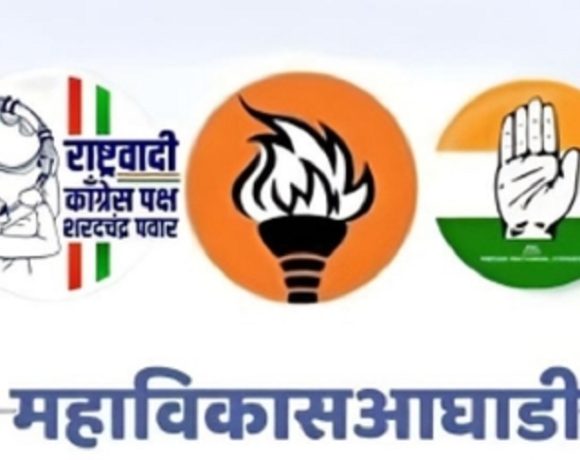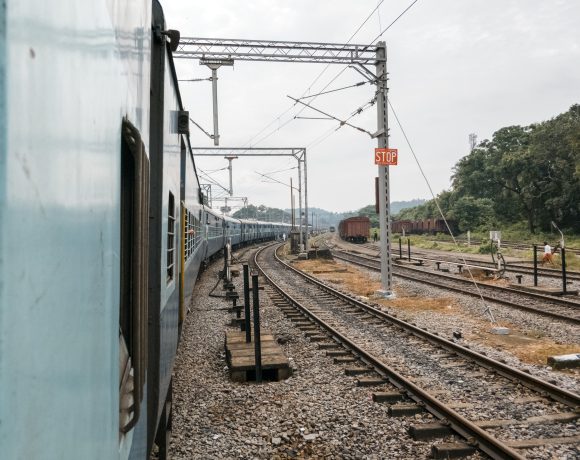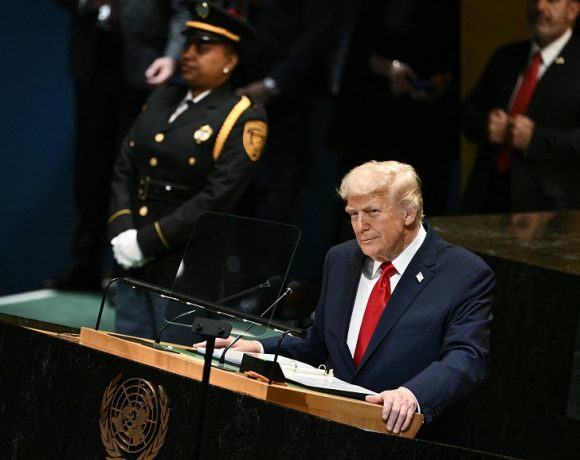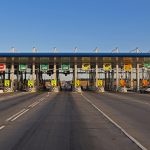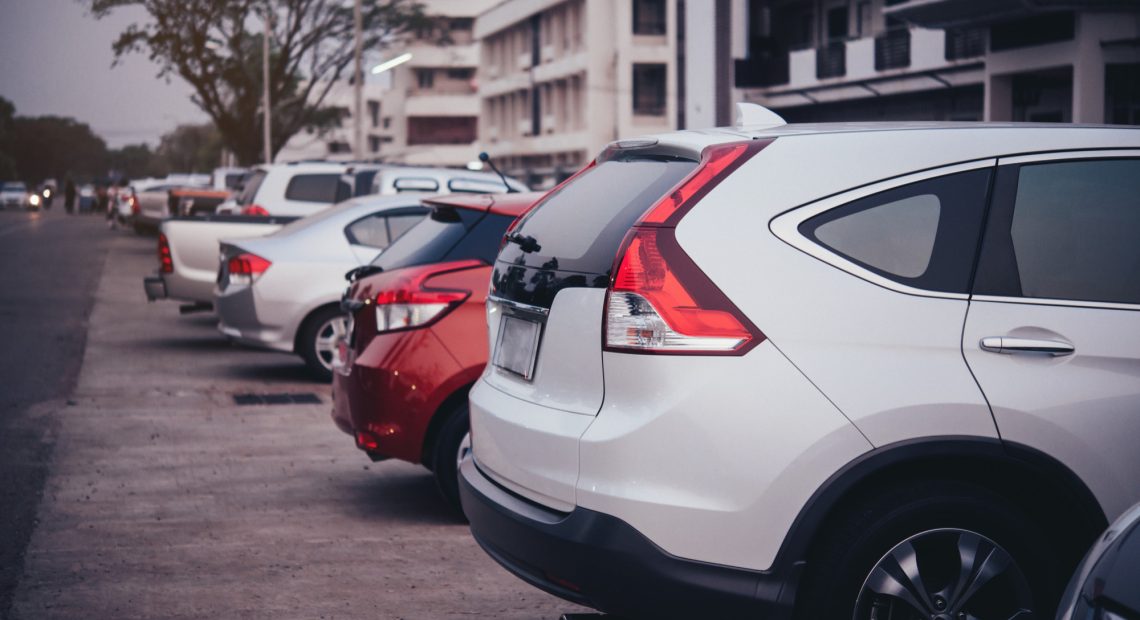
CAQM to Review Suspension of Fuel Ban on Old Vehicles
The Commission for Air Quality Management (CAQM) will hold a crucial meeting today to review the Delhi government’s request to temporarily suspend the ongoing fuel ban on older vehicles. The move comes after widespread public complaints and significant technical issues in enforcing the policy, which began on July 1.
Overage vehicles
The ban, as currently enforced, prohibits refueling of petrol vehicles older than 15 years and diesel vehicles older than 10 years. It also restricts vehicles without a valid Pollution Under Control (PUC) certificate or those with expired registration. The implementation relied on Automatic Number Plate Recognition (ANPR) cameras installed at petrol pumps to identify non-compliant vehicles.
Ban challenges
Despite a strong start with around 80 vehicles seized on day one, enforcement has tapered off due to mounting technical glitches. Environment Minister Manjinder Singh Sirsa cited issues such as poor camera placement, malfunctioning sensors, and lack of real-time coordination with NCR vehicle databases. Many vehicles without High Security Registration Plates (HSRP) or those registered outside Delhi evaded detection, undermining the intent of the ban.
Sirsa also warned that the poorly executed rollout could prompt drivers to refuel in neighboring areas, thereby defeating the air quality improvement objectives. The minister stated that the policy, in its current form, was not just ineffective but could potentially shift pollution outward rather than reduce it overall.
Delhi government’s plea
Chief Minister Rekha Gupta has backed the appeal to CAQM, emphasizing that vehicle bans should be based on actual emission levels and roadworthiness rather than vehicle age alone. The Delhi government has also indicated plans to move the Supreme Court, seeking a uniform regulatory framework for all NCR states to prevent policy circumvention and ensure equal enforcement.
What lies ahead
CAQM’s meeting today is expected to evaluate the current state of infrastructure, ANPR system readiness, and the broader implications of the fuel ban. The commission will weigh whether to suspend, modify, or continue the directive based on ground-level realities and regional cooperation.
With growing public dissatisfaction and administrative concerns mounting, the outcome of the CAQM review could lead to a significant shift in how Delhi enforces vehicle-related pollution control, potentially moving toward a more data-driven and emission-focused approach.


